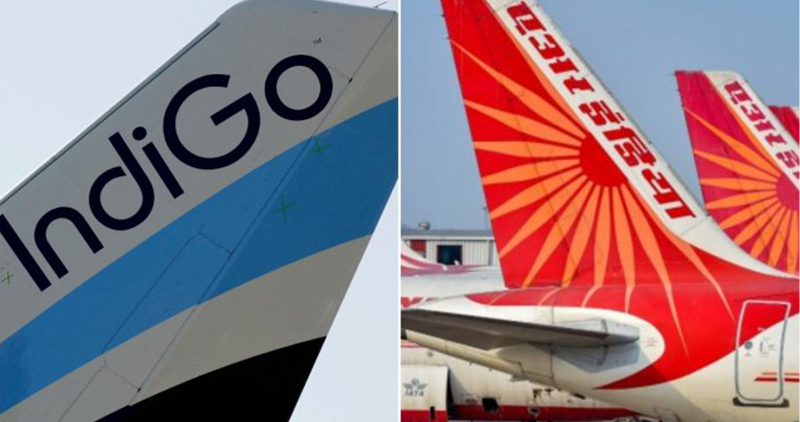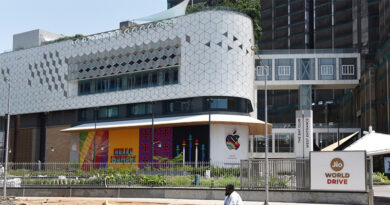DGCA approves Air India-Indigo’s 970 aircraft deal: Air service will start on many routes of the country, flights will also increase on busy routes.
Air India and InterGlobe Aviation (Indigo) have received approval from the Directorate General of Civil Aviation (DGCA) to import aircraft. Both airlines will import 970 aircraft. This includes 470 aircraft of Air India and 500 aircraft of Indigo.
Union Minister of State General VK Singh (retd) gave this information in response to a question in Rajya Sabha. People traveling by air will get the benefit of this, because air service will start on many routes of the country. Apart from this, the number of flights on busy routes will increase and ticket waiting will also reduce.
Parking slot will also be made available
According to the Civil Aviation Ministry, apart from giving NOC to both the airlines for import of new aircraft, parking slots will also be made available. DGCA has asked both the airlines to share their induction plan with airport operators for parking slots.
As per the airlines’ induction plan, the planes will be imported between 2023-2035. Air India currently operates 220 aircraft, while Indigo has 315 aircraft. Indigo is the largest airline in the country in terms of market share and fleet.
Airlines facing parking problem
According to media reports, both the companies have got DGCA approval at a time when Indian airlines are facing parking problem. At present, around 700 aircraft are operating in India, while the country’s two largest airports, Delhi and Mumbai, have parking arrangements for a total of 364 aircraft only.
Indigo will spend Rs 4.09 lakh crore
Indigo will spend $ 50 billion i.e. Rs 4.09 lakh crore to buy 500 A320 family aircraft with French company Airbus. Indigo is the first Indian airline to place such a huge order in one go.
This order of Indigo includes A320 Neo, A321 Neo and A321 XLR aircraft. At present Indigo has more than 300 aircraft. It also has back orders for a total of 480 aircraft, which are expected to be delivered by the end of 2030.



